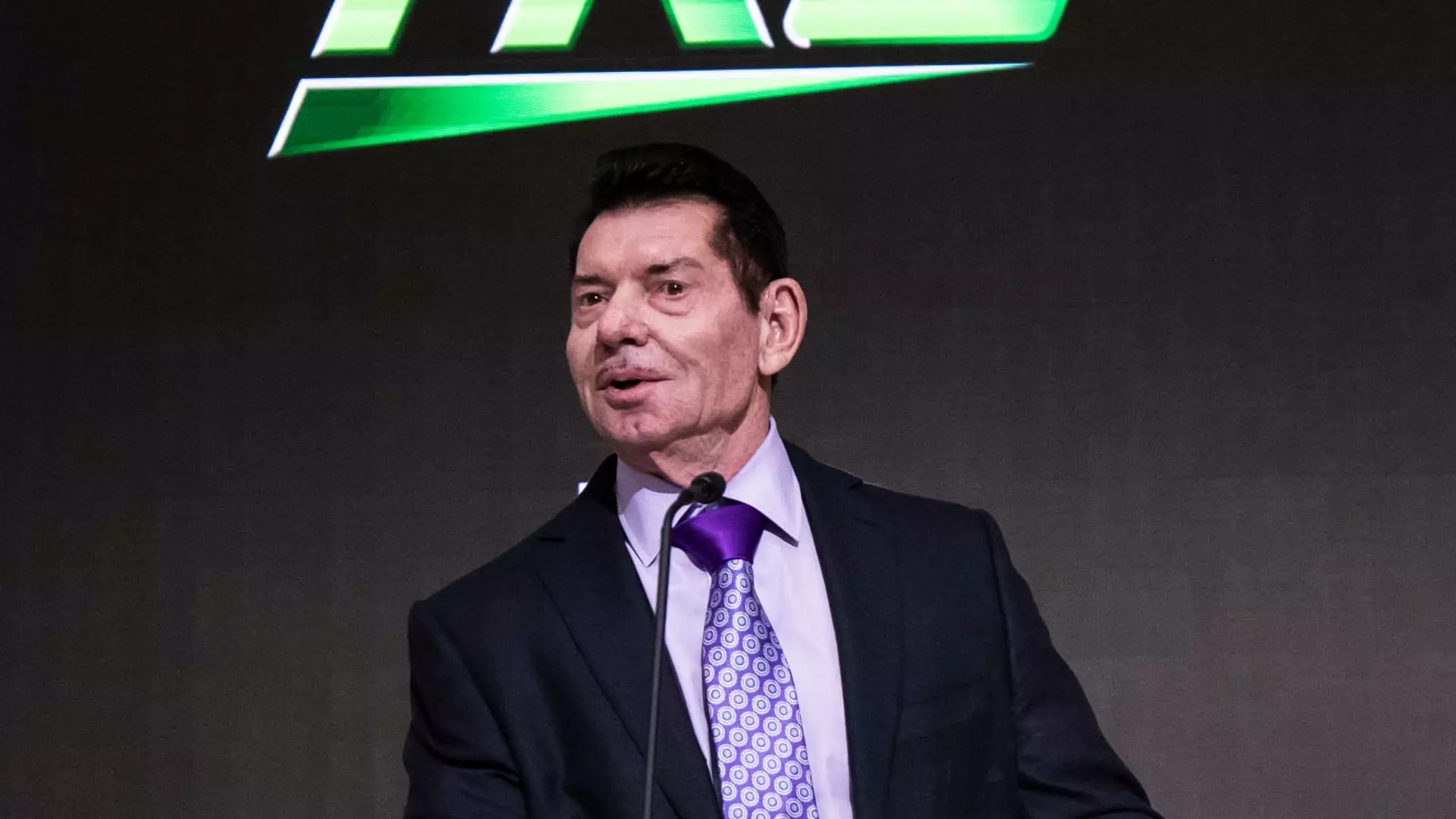The recent charges filed by the Securities and Exchange Commission (SEC) against Vince McMahon, the former chairman of World Wrestling Entertainment (WWE), present a significant moment in the intersection of corporate governance and personal accountability. The SEC accused McMahon of failing to disclose settlement agreements totaling $10.5 million related to allegations of misconduct against him. As the investigation unfolds, it raises critical questions about oversight within publicly traded companies and the obligations of corporate leaders to adhere to legal and ethical standards.
Details of Allegations
The SEC’s allegations indicate that McMahon neglected to inform WWE’s board of directors, legal advisors, accountants, and auditors about financial settlements with two women. This oversight reportedly led to significant inaccuracies in WWE’s financial statements for the years 2018 and 2021, where net income was overstated by up to 8% and 1.7%, respectively. The gravity of these misstatements is underscored by the fact that McMahon benefitted financially from his actions during this period, receiving incentive compensation linked to the inflated profits. The SEC has ordered McMahon to pay a civil penalty of $400,000 and reimburse WWE over $1.33 million, including profits earned from selling WWE stock based on the misleading financial reports.
McMahon’s personal dealings coincide with broader organizational issues affecting WWE, especially following its recent merger with Endeavor Group Holdings to form TKO Group Holdings. As the wrestling promotion transitioned into a new corporate entity, these allegations complicate the company’s image, not only to its shareholders but also to its massive global fanbase. WWE has been a cornerstone of the entertainment industry for over four decades, and public perception is crucial for its continued success. The implications of McMahon’s actions extend beyond financial penalties; they pose reputational risks that could impact investor confidence in the newly formed TKO Group Holdings.
One of the settlement agreements requires McMahon to pay $3 million to a former employee in exchange for her silence regarding an alleged personal relationship with him. This kind of settlement not only raises ethical questions but ignites a larger conversation about the treatment of women in wrestling and other entertainment sectors. Notably, another lawsuit filed by former WWE employee Janel Grant has accused McMahon of sexual assault, complicating McMahon’s defense of these financial transactions as “minor accounting errors.” This context amplifies calls for greater transparency and corrective measures within WWE’s corporate governance structure.
Vince McMahon’s Response and Corporate Governance Lessons
In light of the SEC ruling, McMahon attempted to downplay the severity of the situation, suggesting that the investigation was overblown and primarily concerned with accounting errors. He expressed his relief at reaching a resolution, indicating an eagerness to move on from the controversy. However, dismissing the matter as inconsequential overlooks the systemic issues that facilitated these violations in the first place. True accountability requires recognizing the responsibility that comes with corporate leadership.
The scandal can serve as a cautionary tale for other corporations, emphasizing the necessity of rigorous internal controls and transparent communication among board members and executives. Furthermore, it highlights the urgent need for organizations, especially those in the entertainment sector, to reassess how they handle allegations of misconduct, ensuring that issues are addressed promptly and transparently.
Concluding Thoughts
The SEC’s decision to pursue charges against Vince McMahon is more than just a personal infraction; it encapsulates a much larger narrative surrounding corporate ethics and accountability. As WWE navigates its future under the TKO Group Holdings banner, the importance of integrity in leadership and the imperative of cultural reforms in the wrestling industry can’t be overstated. Stakeholders, fans, and employees alike will be watching closely to see how WWE responds to these challenges and whether it can restore its reputation amidst this turbulent backdrop. The road ahead requires not only financial restitution but also a commitment to creating a culture of transparency and respect for all employees.


Leave a Reply